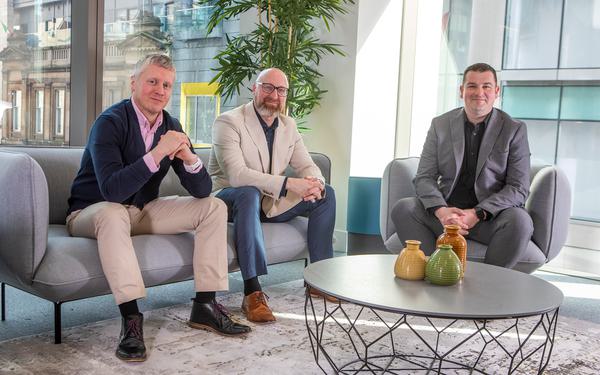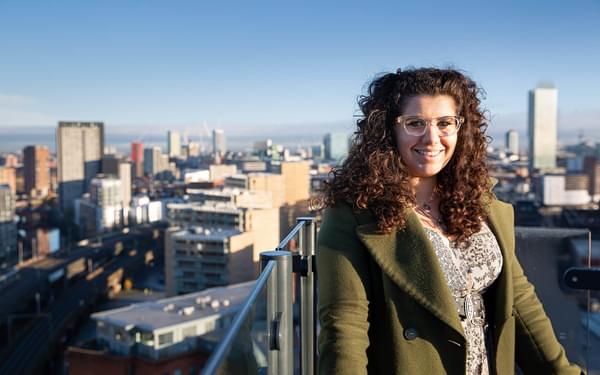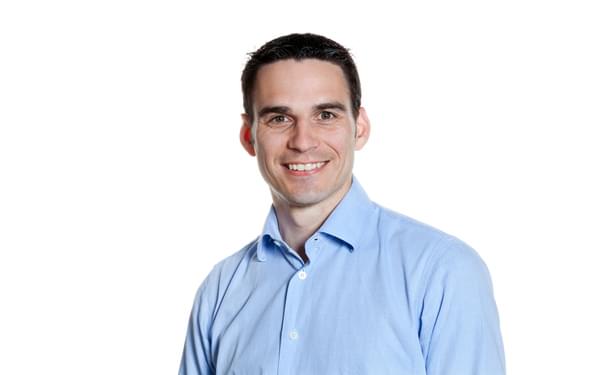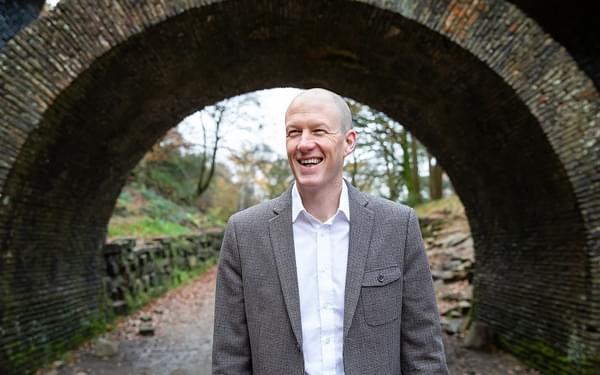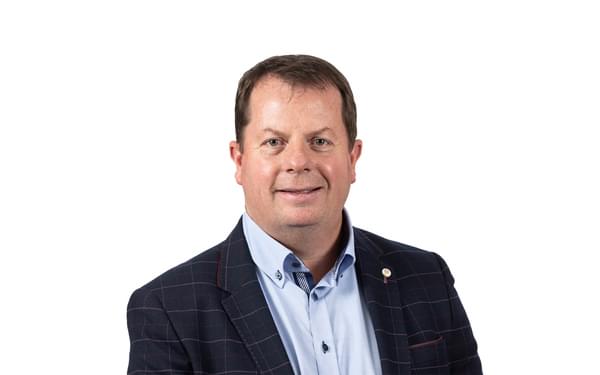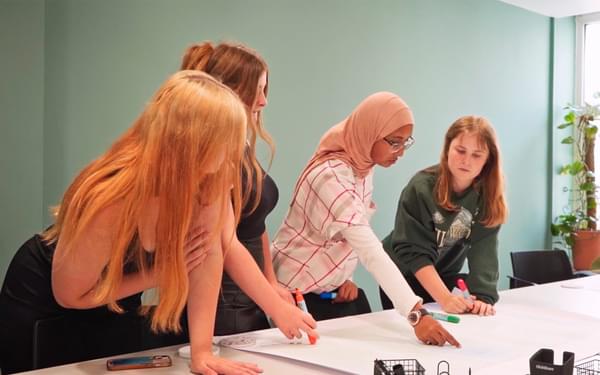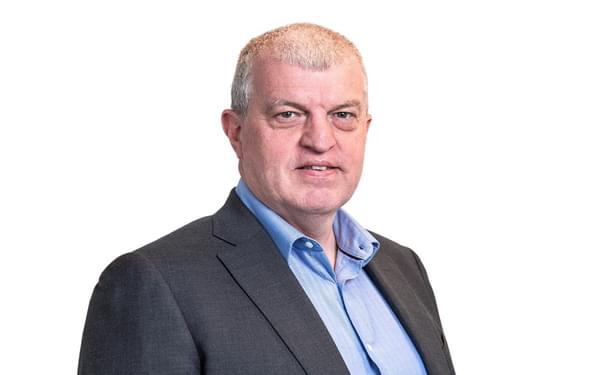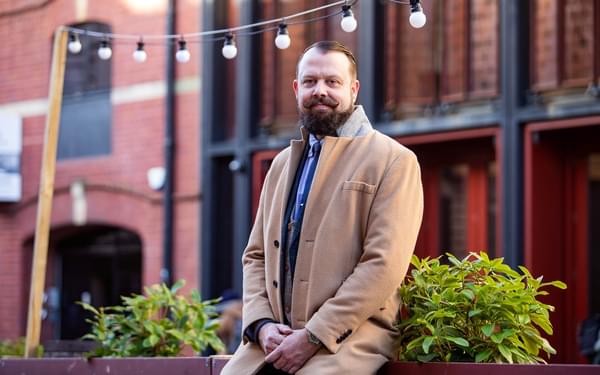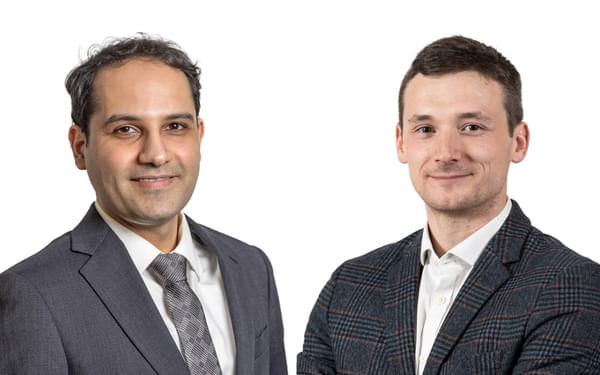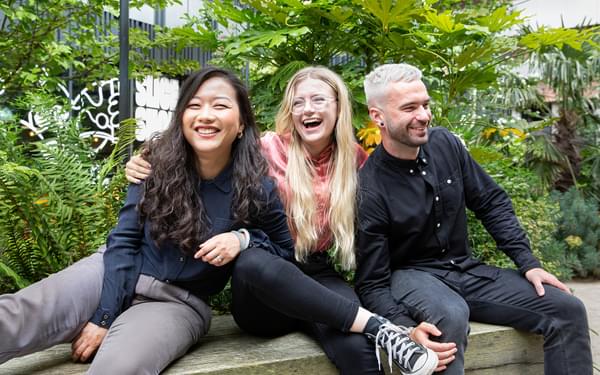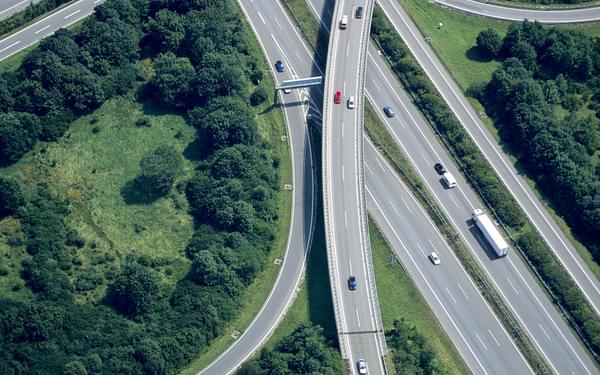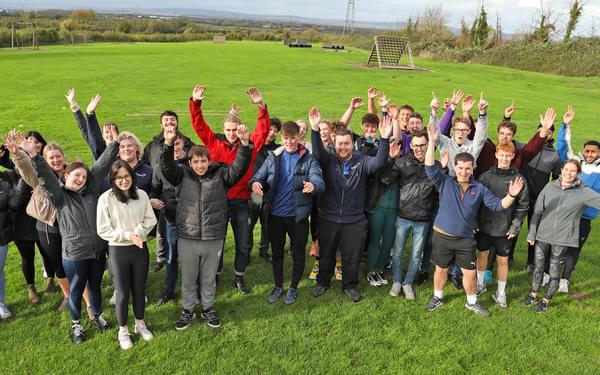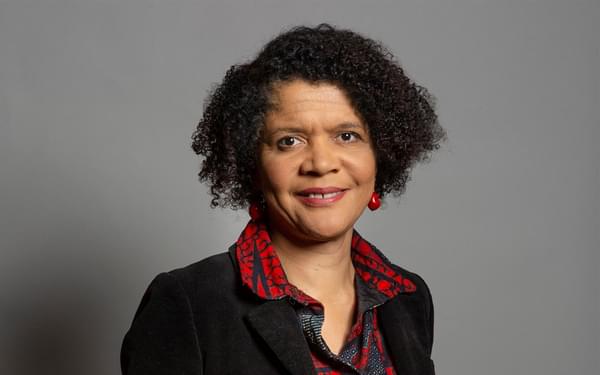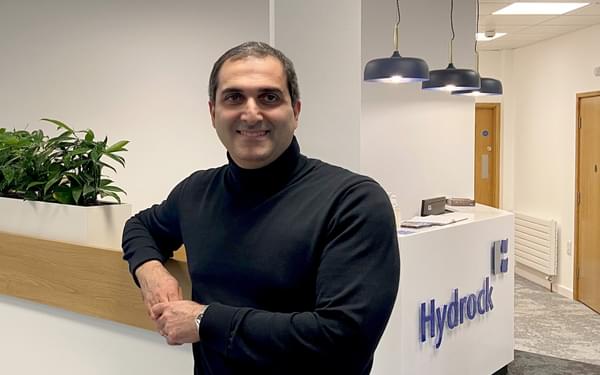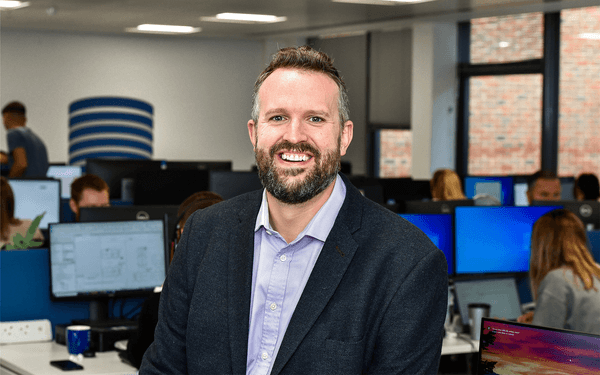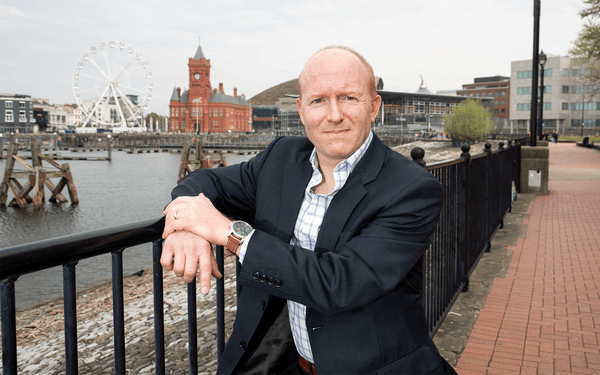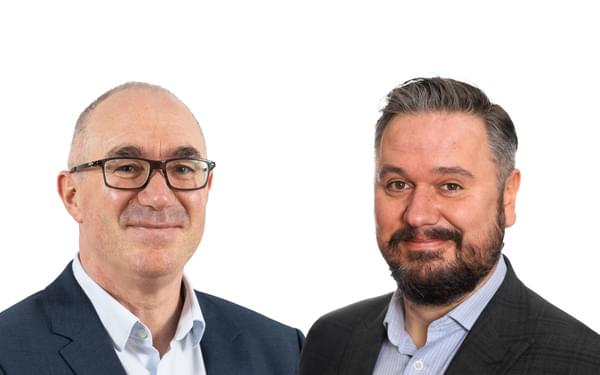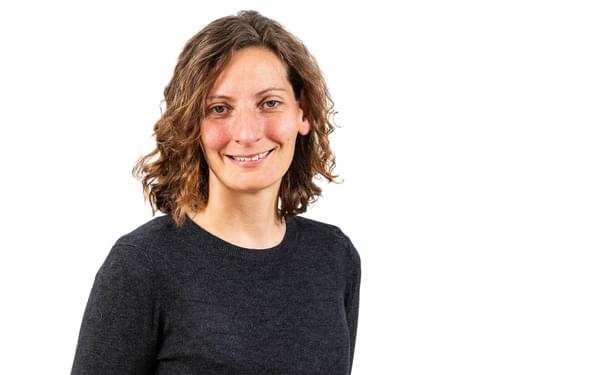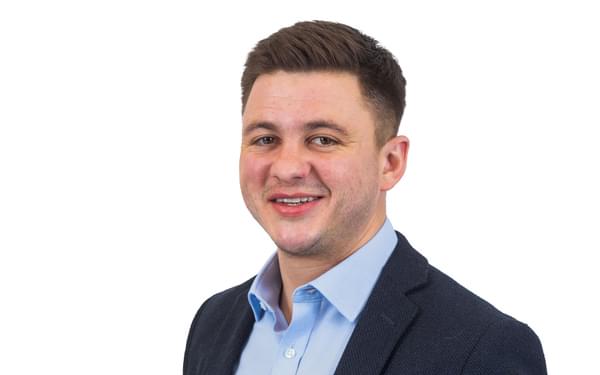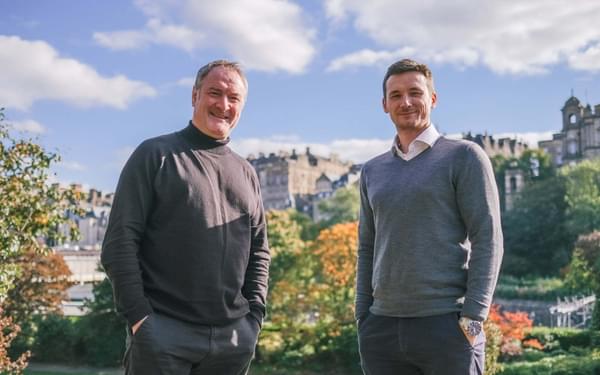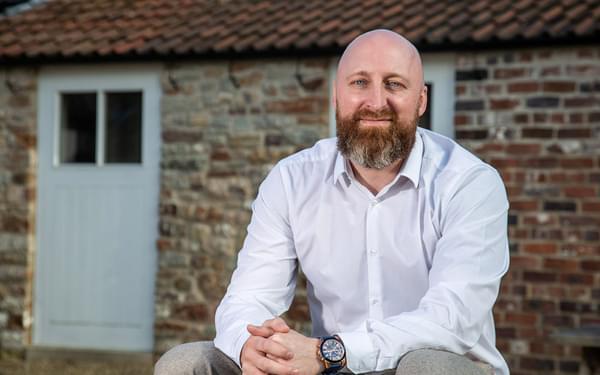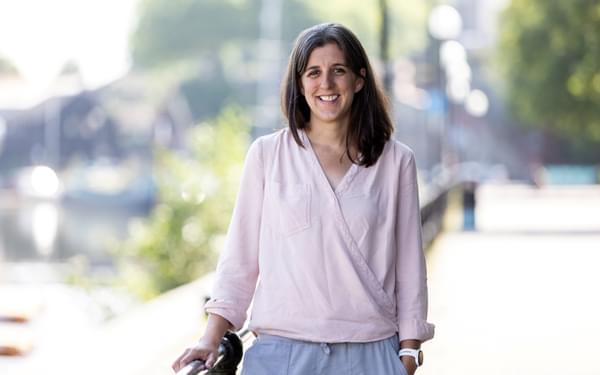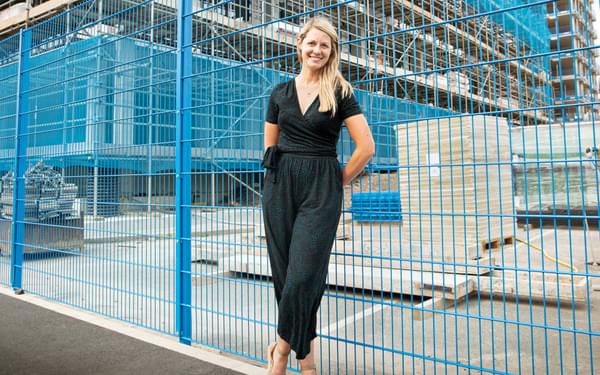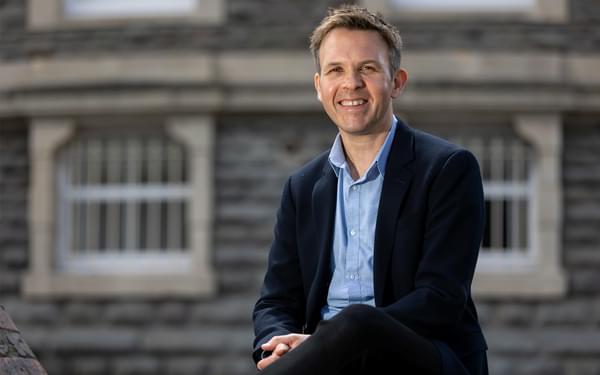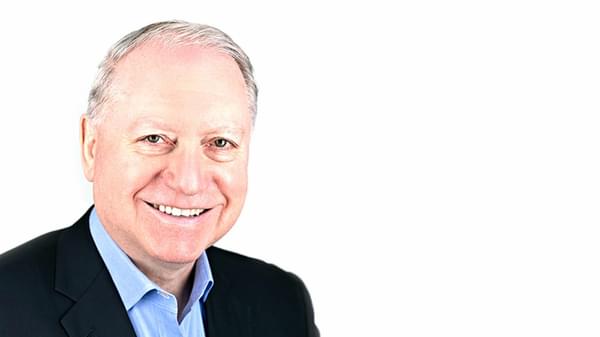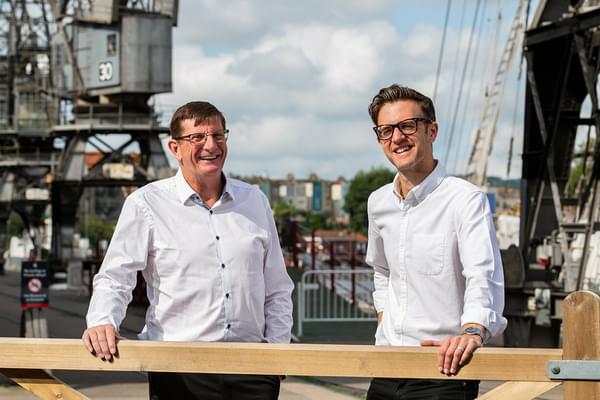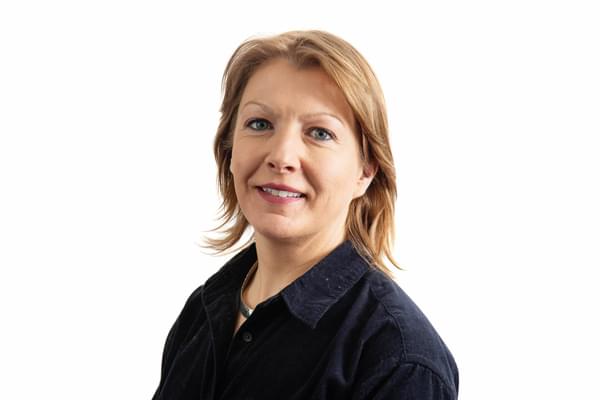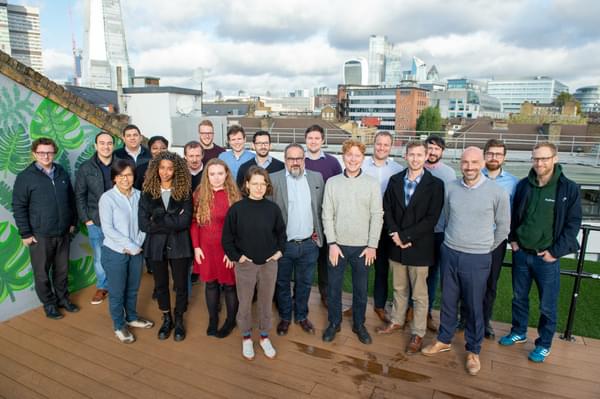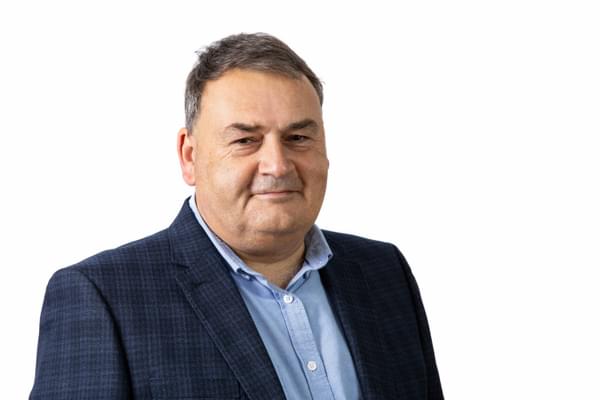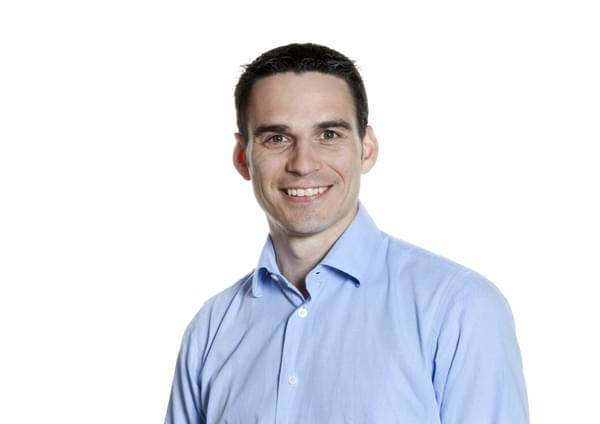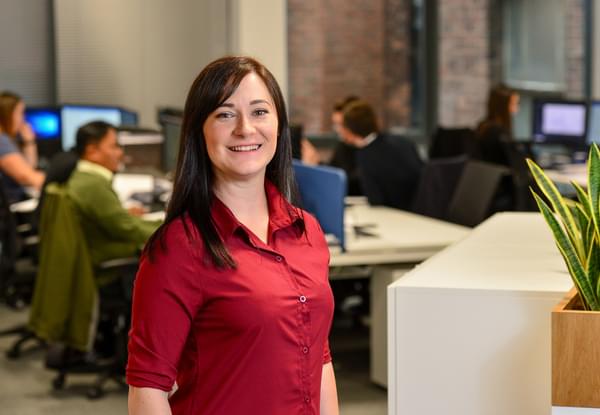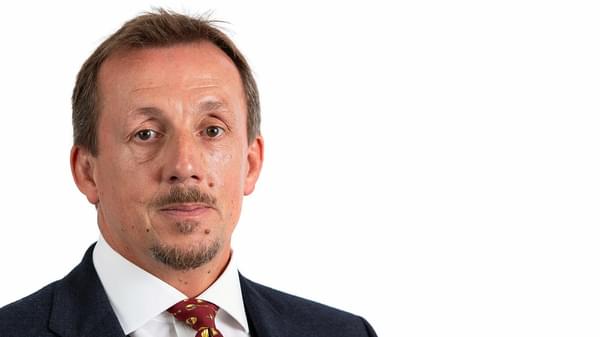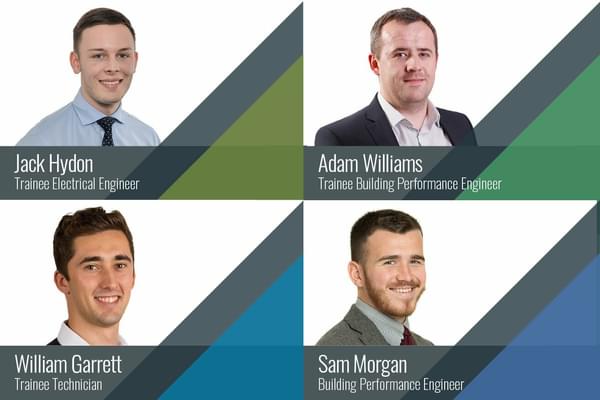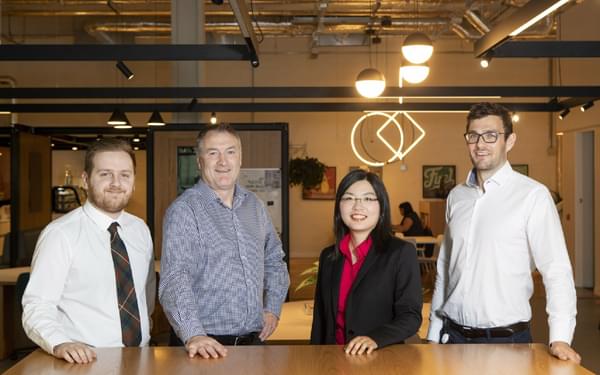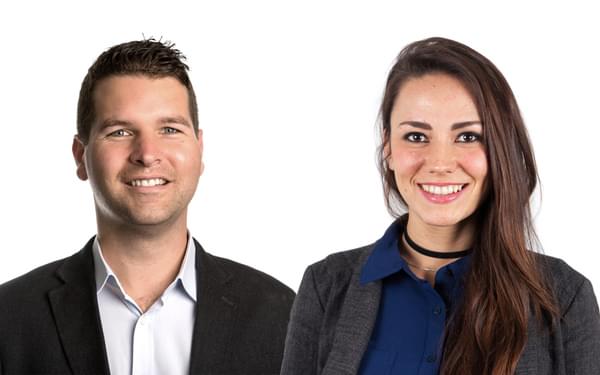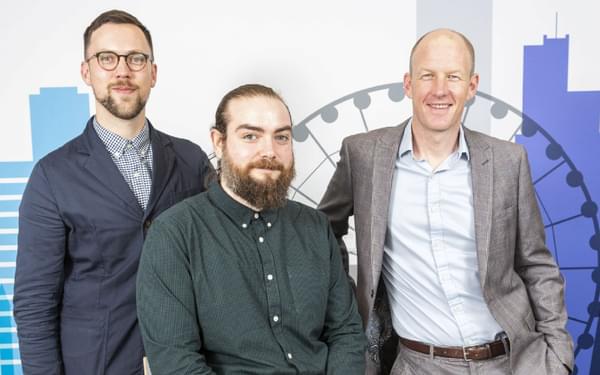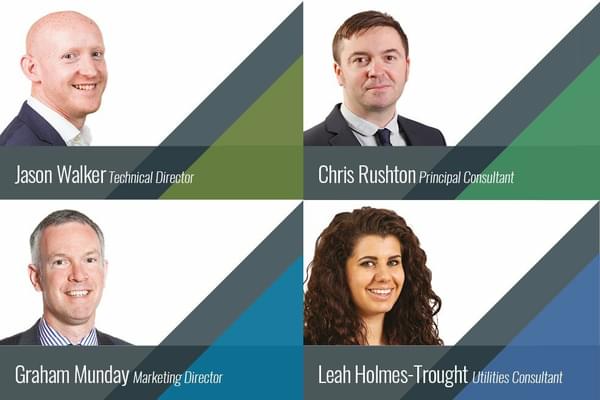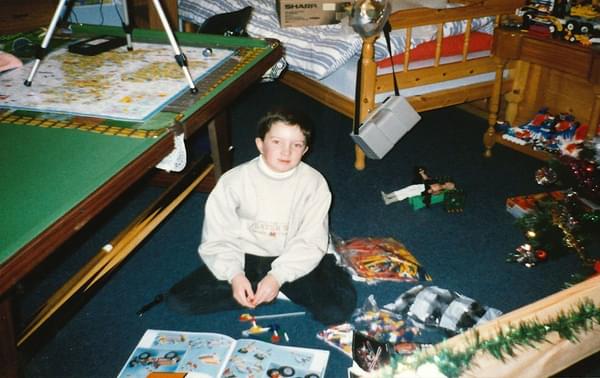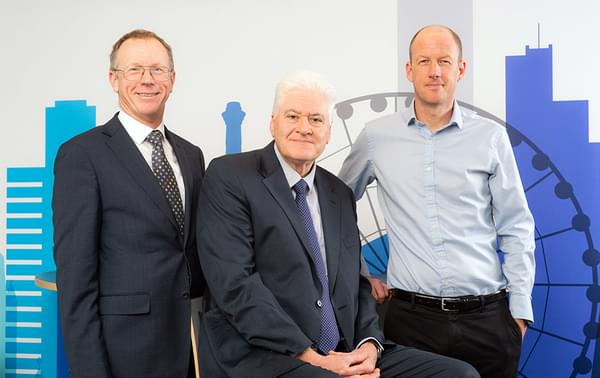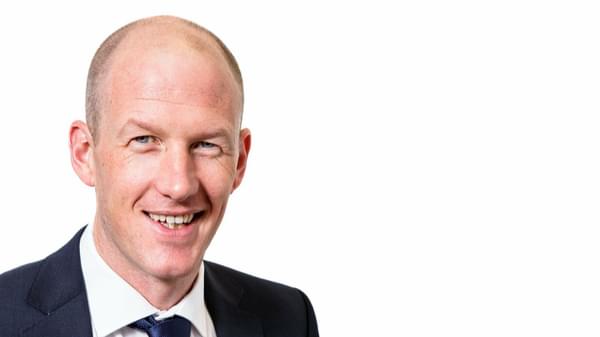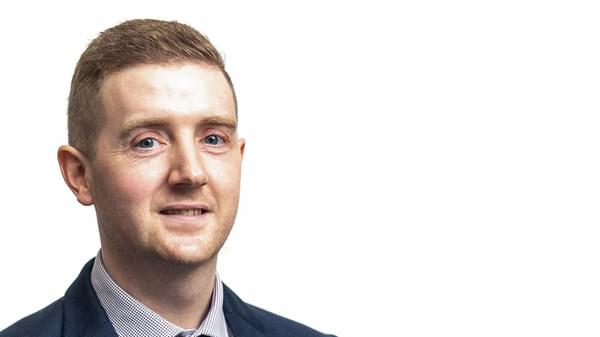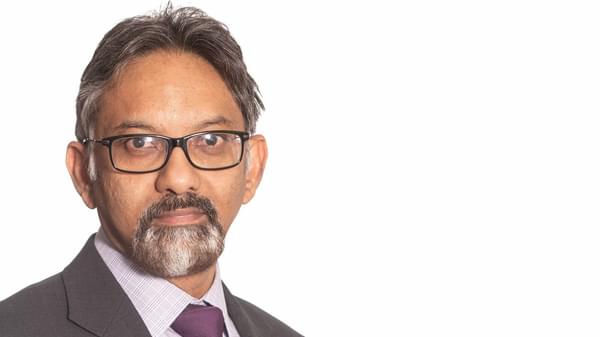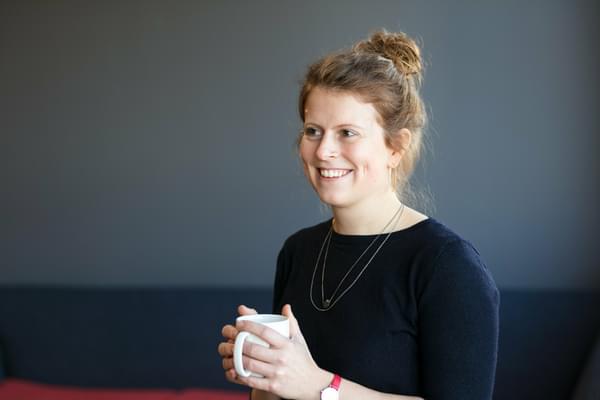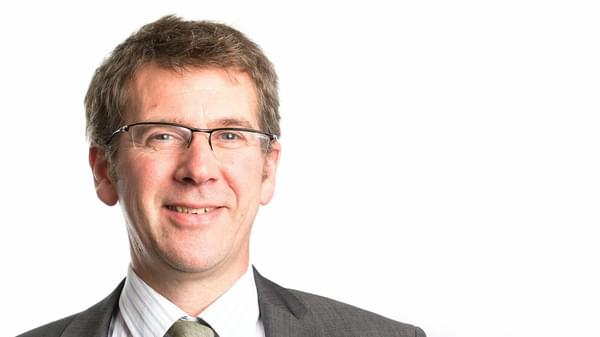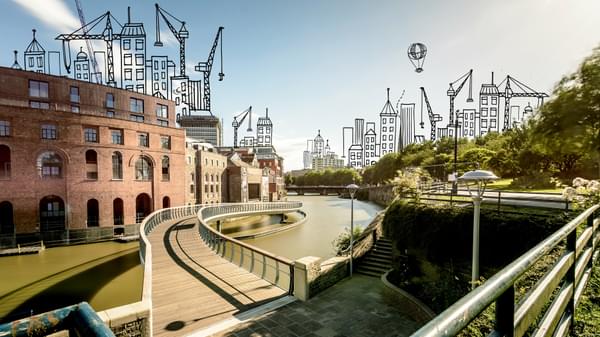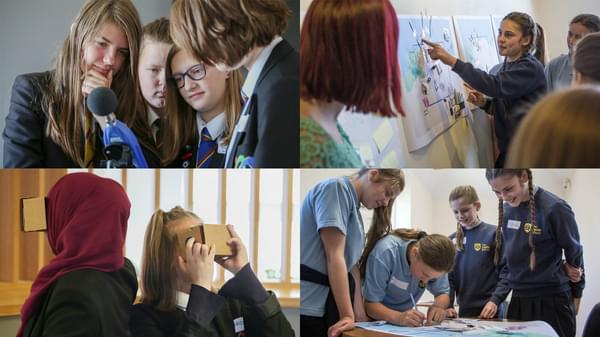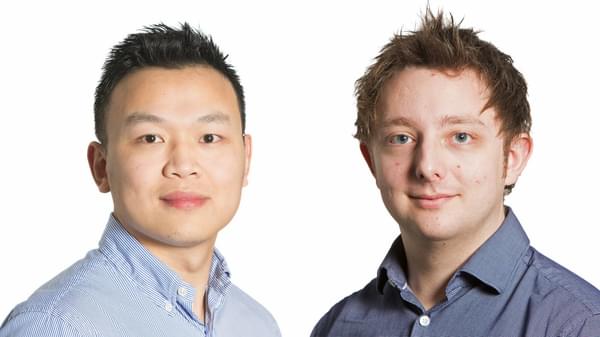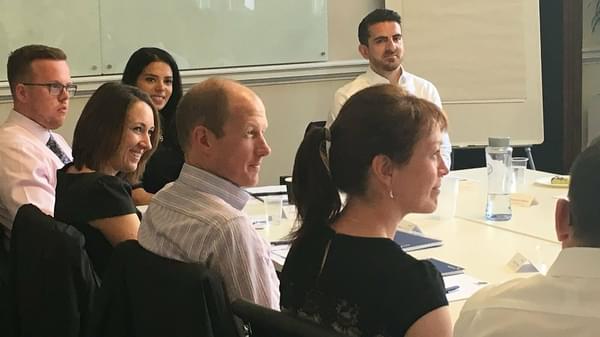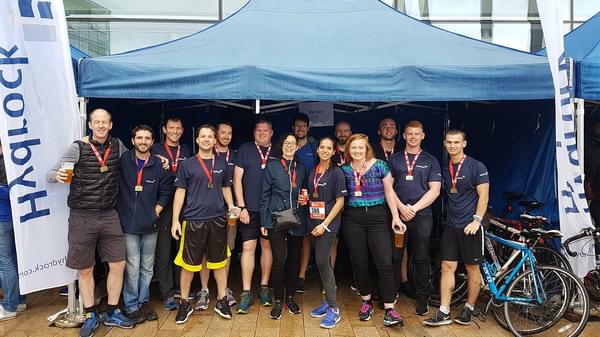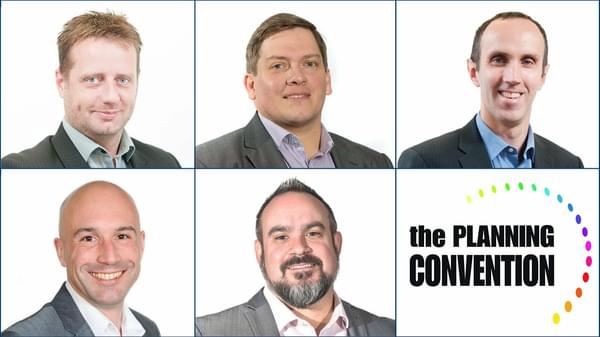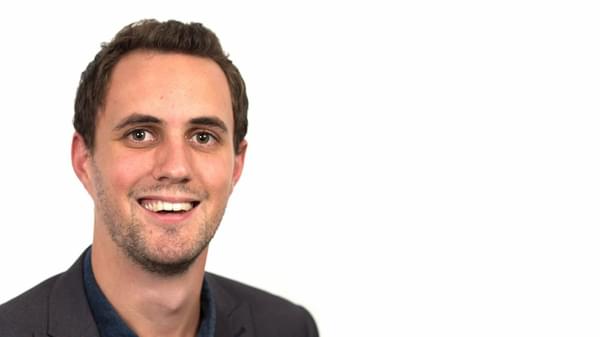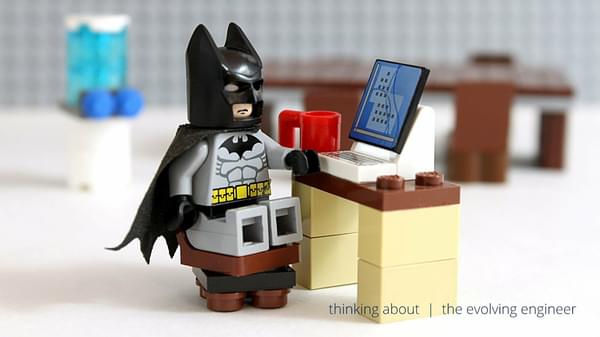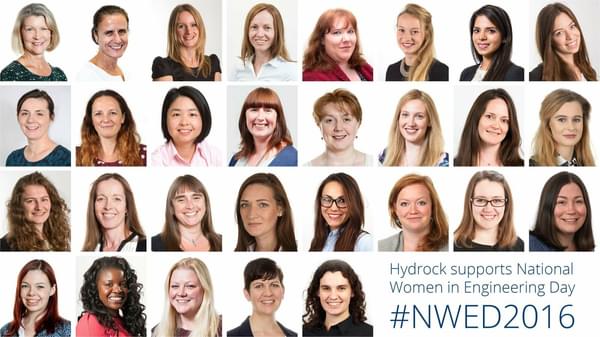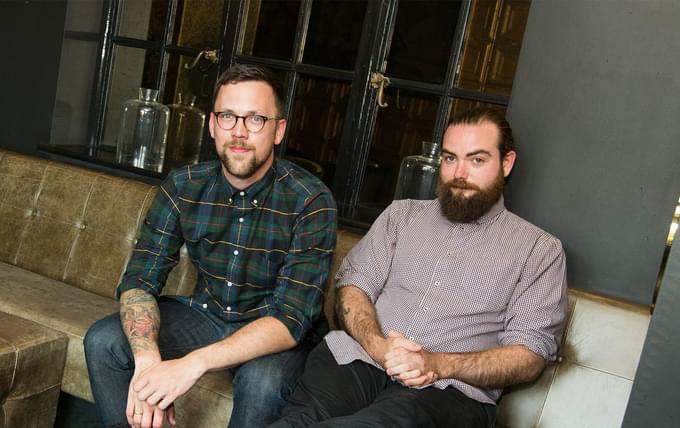
We asked Hydrock's Manchester-based acoustic engineers Lewis Stonehouse and Eddy Goldsmith to share their thoughts on their ambitions to make waves in the north.
So, guys, what’s the most important thing we need to know about acoustics?
Lewis Stonehouse: A lot of people say that acoustics is a ‘dark art’, but it’s not - what’s super important is being able to express a technical concept in a way that makes sense.
Eddy Goldsmith: That’s right. A really decent acoustics engineer can talk about it in plain English, and that’s what we pride ourselves on. You have to be able to get on people’s level, rather than using unnecessary scientific terms. It’s important for us to communicate effectively with whoever our client is, and whatever their experience might be working with acoustics engineers.
Some companies employ an intermediary between acousticians and sound engineers, but there doesn’t need to be an extra person involved. It’s an extra step of communication where things can go wrong, and we’re cutting out that middle man.
Would you say culture is an important part of communication?
LS: Absolutely. Along with our Technical Director Ric Hampton, we’ve noticed that some consultancies focus on upholding tradition, rather than best practice. We’re keen to find a better way. We will give the best service, do it quickly, do it for the right price, and we’ll also be the blokes that come for a pint with you on a Friday as well.
People like the feel of working with smaller companies and knowing the people you’re working with. One of the last things I’d ever want to do is put my name to a job but have someone else turn up for a meeting and someone else’s name on the report – that’s rubbish service. Having a focal point on that team, within the company, even if its multi-dis – that’s the key.
EG: We don’t just want to offer ‘engineering for engineers’. Acoustics is physics and can easily become highly technical. Some consultants or acousticians can be so keen to demonstrate their expertise, it’s not a priority for the client to really grasp what it means. We’re not about baffling our clients. We want to make sure they understand what we’re saying, and everything they need to know.
There’s room for talking technically and understanding the theory behind what we’re doing, but at the end of the day we’re engineering for people – people who need to understand the information, and what our contribution means in real terms.
Tell us about a specific project…
EG: We’re looking at a venue at the moment in central Manchester. The client consulted an acoustician before us, who walked around with a clipboard, didn’t really speak to them and gave them a report that they didn’t understand. Enter, Hydrock.
The venue was going to be a restaurant, but a new operator has taken over the site with visions of a live music venue. Today I was at the site and we’ve discovered that they’ve got quite a big acoustic problem. Being there in person, talking to them without jargon, doing a demonstration with speakers and some sound engineers, walking through the venue and analysing the noise levels – that process has helped the penny to drop. The client now gets the issue, and what we need to do to address it.
It’s a great example of how we work. The previous report would not have helped the client: The council might have signed it off, but they would have got noise complaints and ultimately, the venue wouldn’t have been able to operate as intended. They’ve realised they need to be able to operate, rather than just tick a box, and we’re helping them achieve that.
LS: We’re interested in music venues because they go along with the Hydrock ethos of unlocking complex sites. Music noise is generally the hardest thing to control, because of the nature of it. It’s really ‘boomy’ and there’s loads of bass - long wave lengths that travel through things easily and take more energy to stop.
““Part of being a young and hungry team is that we approach every site as the most important site we’ve ever had.” - Lewis Stonehouse”
What’s the best thing for a client to ask for? How do you help them solve their problem?
LS: Something that’s fairly unique about acoustics is that we’re one of the few disciplines that can be on a project right at the start, to assess early feasibility. And we can be there right at the end when it’s built, and ask ourselves: is what we’ve built fit for purpose? So, for us, the ideal project fits that timeline. Getting involved right at the start, helping with all the planning matters and then designing the building, supporting it through the tender process and advising contractors, and testing once it’s built. In terms of sectors we can do that for almost anything.
Are you willing to stick your neck out and have uncomfortable conversations, rather than let stuff through on a technicality?
EG: Yes. For me, acoustics is about being responsible. Doing what you know you should do. Of course, doing it for the best value for money possible, but we’ll never put our words to something that isn’t going to work.
LS: What we do that many others probably don’t – and it’s probably part of being a young and hungry team – is approach every site we get as the most important site we’ve ever had. For each new project, we take a bespoke approach rather than grab a template off the shelf and make it fit. We start from scratch every time and judge every job on its merits.
Tell us more about your backgrounds…
LS: My background’s in building design. I’ve taken plenty of schemes through planning. I’m more on the side of getting the details together with the design team to build something and figuring out the technical design problems. That’s what I enjoy and have always done.
EG: I’ve also worked in the built environment sphere, but I’ve mostly worked on environmental projects: contentious residential, mining and minerals, manufacturing, waste, utilities, energy all the way through the planning and permitting process. Those specialist facilities are designed by the industry experts, but we can support them acoustically through the whole process.
LS: Eddy and I, as a team with different backgrounds, are quite rare. Most companies tend to go one way or the other. It’s more unusual to have someone who can deal with complex environmental stuff, as well as someone who can take any building all the way through the design process to completion. We can virtually deal with any project, no matter the scope or scale.


